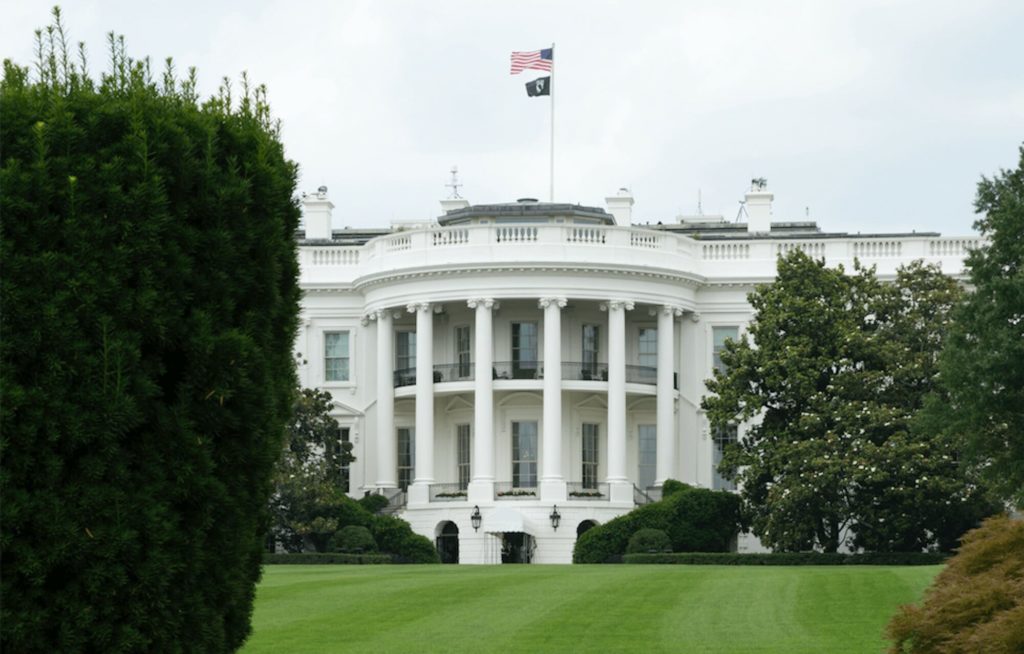
Medicaid’s barriers to access are making it difficult for hundreds of thousands of people to thrive in their communities under the program, according to policy experts who testified last week before the Medicaid and CHIP Payment and Access Commission.
Systemic failures, including housing barriers, access to information and a shortage of caregivers are just a few of the challenges that seniors and people with disabilities encounter when trying to receive home- and community-based services, according to Henry Claypool, technology policy consultant for the American Association of People with Disabilities.
Medicaid beneficiaries in many states are on wait lists for caregivers because there simply aren’t enough available workers. A 10% increase in the Federal Medical Assistance Percentage (FMAP) to state Medicaid programs under the American Rescue Plan Act helped boost wages for home care workers. However, Claypool said pay is still too low to attract enough caregivers. He also said training for HCBS workers is lacking and needs to be more focused on social determinants of health, which help patients thrive in their homes and communities.
“They don’t really need a lot more training in clinical skills,” Claypool explained. “They should receive better wages when they help people move around and facilitate their day. The challenge is if this frontline workforce is seen as an extension of a nurse, you’ll typically medicalize the person’s routine.”
Access issues
Medicaid access to HCBS varies by state and often within states. Tennessee’s Medicaid program, known as TennCare, is trying to tap technology to make services more equitable across urban and rural communities. However, many of the rural poor in that state can’t tap services through technology because they can’t afford broadband.
“One of the challenges is broadband is not reimbursable [under Medicaid],” Katie Evans Moss, chief of long-term services at TennCare, told the commission. “So, how do you implement enabling technology in a rural area where poor families can’t afford internet service. That becomes a challenge and yet that is not something we are permitted to include as a reimbursable service.”
Bias remains
Moss also said there remains a bias within Medicaid favoring institutional care. She said Medicaid enrollees often get directed into skilled nursing following a hospital stay, which ultimately becomes long-term.
“We have individuals going into nursing facilities who can’t maintain their home in the community. Then we say we have a housing problem,” Moss explained. “ If we had been able to help them to keep their home while they were in an institutional stay, maybe we wouldn’t have that problem in some of those situations.”
Medicaid and CHIP Payment and Access Commission is a nonpartisan agency that makes policy recommendations to Congress and the Department of Health and Human Services on Medicaid issues. The commission meets regularly during the year to gather information and analyze data for its recommendations.



